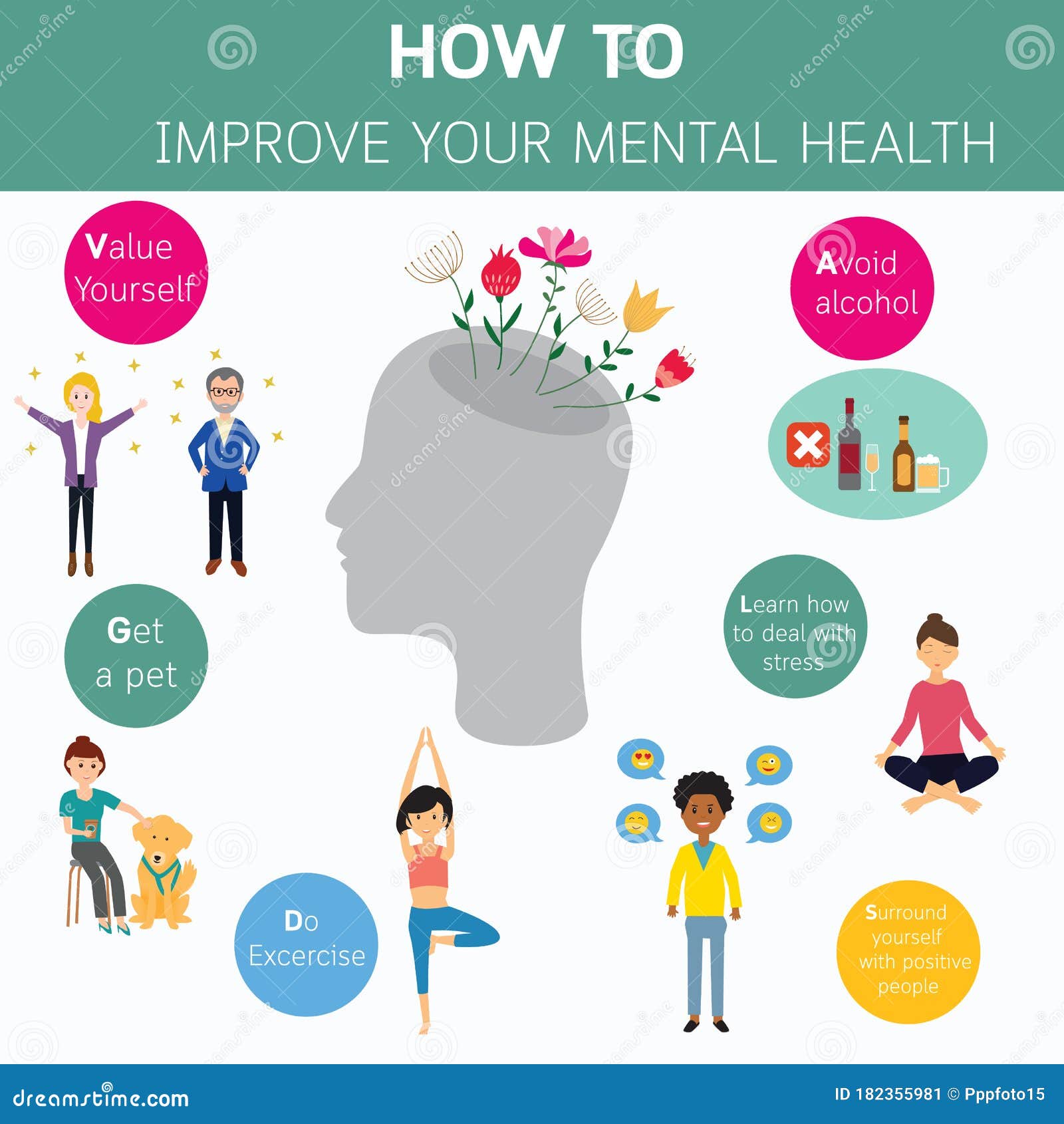Boosting Resilience: Strategies For Better Mental Health

Table of Contents
Understanding Resilience & its Importance
Resilience is the ability to bounce back from adversity, stress, trauma, and hardship. It's not about avoiding challenges, but about developing the inner strength and coping mechanisms to navigate them effectively. Building resilience is crucial for mental well-being because it directly impacts your ability to manage stress, overcome setbacks, and maintain a positive outlook.
The benefits of building resilience are substantial:
- Reduced risk of mental health disorders: A strong sense of resilience acts as a buffer against depression, anxiety, and other mental health issues.
- Faster recovery from setbacks: Resilient individuals tend to recover more quickly from difficult experiences, both big and small.
- Enhanced ability to navigate challenges: Resilience provides the tools to approach challenges with confidence and a problem-solving mindset.
- Greater life satisfaction: Individuals with high resilience often report greater overall life satisfaction and a stronger sense of purpose.
Cultivating Positive Self-Talk & Mindset
The power of positive self-talk in building resilience cannot be overstated. Negative self-talk creates a self-fulfilling prophecy, hindering your ability to cope with stress and overcome obstacles. By consciously challenging negative thoughts and replacing them with positive affirmations, you can cultivate a more resilient and optimistic mindset.
Here's how to cultivate positive self-talk:
- Practice mindfulness and self-compassion: Pay attention to your thoughts and treat yourself with kindness and understanding.
- Identify and challenge negative thought patterns: Become aware of recurring negative thoughts and actively question their validity. Are they based on facts or assumptions?
- Replace negative thoughts with realistic and positive ones: Instead of saying "I'll never succeed," try "This is challenging, but I can learn from it and improve."
- Use positive affirmations daily: Repeat positive statements to yourself, such as "I am strong," "I am capable," or "I can handle this."
The Importance of Social Connection & Support
Strong social connections are a cornerstone of mental well-being and resilience. Feeling supported and connected to others provides a crucial buffer against stress and adversity. The quality of your relationships significantly impacts your ability to cope with challenges and maintain a positive outlook.
Building and maintaining healthy relationships is vital for resilience:
- Nurture existing relationships: Invest time and effort in your existing relationships with family and friends.
- Join social groups or clubs based on interests: Connecting with like-minded individuals can provide a sense of belonging and support.
- Seek professional help when needed: Don't hesitate to reach out to a therapist or counselor if you're struggling to build or maintain healthy relationships.
- Practice active listening and empathy with others: Strong relationships are built on mutual respect and understanding.
Stress Management Techniques for Enhanced Resilience
Effective stress management is crucial for building resilience. Chronic stress depletes your mental and emotional resources, making you more vulnerable to mental health challenges. Incorporating stress-reducing techniques into your daily routine can significantly enhance your resilience.
Here are some effective stress management techniques:
- Engage in regular physical activity: Exercise releases endorphins, which have mood-boosting effects.
- Practice mindfulness and meditation: These practices help you to focus on the present moment and reduce stress and anxiety.
- Learn relaxation techniques (deep breathing, progressive muscle relaxation): These techniques can help you to calm your nervous system and reduce stress levels.
- Prioritize sufficient sleep: Adequate sleep is essential for both physical and mental health.
Seeking Professional Help: When to Reach Out
Seeking professional help is not a sign of weakness; it's a sign of strength. If you're struggling to cope with stress, anxiety, depression, or other mental health challenges, don't hesitate to reach out to a mental health professional. They can provide support, guidance, and tools to help you build resilience and improve your overall mental well-being.
Remember:
- Recognize the signs of needing professional help: Persistent sadness, anxiety, changes in sleep or appetite, and difficulty functioning in daily life are all potential indicators.
- Understand the different types of therapy available: Cognitive Behavioral Therapy (CBT), Dialectical Behavior Therapy (DBT), and other therapies can be effective in addressing various mental health concerns.
- Know where to find mental health resources in your area: Your primary care physician, insurance provider, or online resources can help you locate mental health services.
- Don't hesitate to seek help – it's a sign of strength.
Conclusion
Boosting resilience is a proactive approach to improving your mental health and overall well-being. By cultivating positive self-talk, nurturing strong social connections, effectively managing stress, and seeking professional help when needed, you can significantly enhance your ability to cope with life's challenges. Remember, prioritizing your mental health is crucial for a happier and more fulfilling life. Start building your resilience today by incorporating these strategies into your daily life. Learn more about boosting resilience and discover additional strategies for better mental health.

Featured Posts
-
 Ing Groups 2024 Form 20 F A Comprehensive Overview
May 21, 2025
Ing Groups 2024 Form 20 F A Comprehensive Overview
May 21, 2025 -
 Service De Navette Gratuit En Experimentation Liaison La Haye Fouassiere Haute Goulaine
May 21, 2025
Service De Navette Gratuit En Experimentation Liaison La Haye Fouassiere Haute Goulaine
May 21, 2025 -
 School Delays Due To Winter Weather Preparation And Planning
May 21, 2025
School Delays Due To Winter Weather Preparation And Planning
May 21, 2025 -
 Allentown Boys Historic Penn Relays 4x100m First Sub 43 Second Finish
May 21, 2025
Allentown Boys Historic Penn Relays 4x100m First Sub 43 Second Finish
May 21, 2025 -
 Dubai Holding Increases Reit Ipo Size To 584 Million
May 21, 2025
Dubai Holding Increases Reit Ipo Size To 584 Million
May 21, 2025
